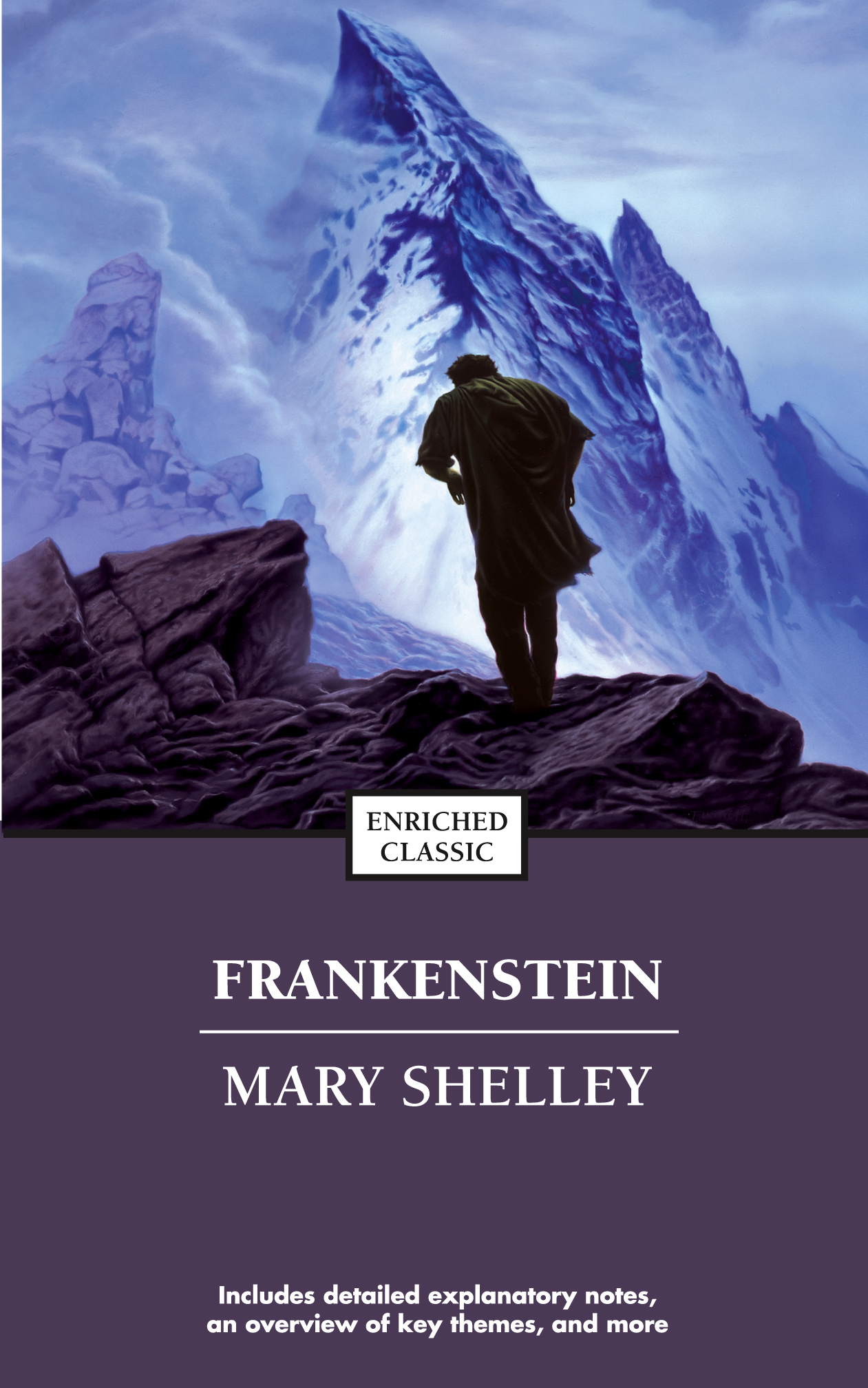Review of 'Frankenstein, or, the Modern Prometheus (1818 Text)' on 'Goodreads'
5 stars
(Spoilers ahead.)
Great read, not the spine-chilling tale I expected it to be but enticing nonetheless. The misrepresentation of this story is pretty widespread and the weight of Shelley's writing is not within fear-provoking prose at all.
Shelley's writing is far more intricate than a mere horror tale that it has been portrayed to be. For me, the most congenial aspect of her writing is Frankenstein's dilemma.
Frankenstein sets out to satisfy his curiosity and zeal for knowledge by attempting something never done before by man—the creation of new life. He succeeds, but it is his very success that leads to his downfall. His creation is not simply a thoughtless being without intellect. What he creates desires to be a part of the world but is shunned by it due to his loathsome appearance. In response to man's superficial and shallow treatment, the creation abandons his naive approach to life and his appreciation of virtue, love, and benevolence. The creation seeks out companionship of his own kind, the Eve to his Adam, and realises—to his utter disappointment—that this can only be provided by his creator, the same man who abandoned him. Frankenstein is then torn between creating a companion for the beast he created and risking the torment of humanity by such creatures or declining the beast's request and putting himself and his loved ones in peril. He chooses the latter and witnesses his life perish at the hands of his own creation.
The bitterness of Frankenstein's success being the cause of his destruction is what makes this the great work that it is.
5/5
An absolute must read.

